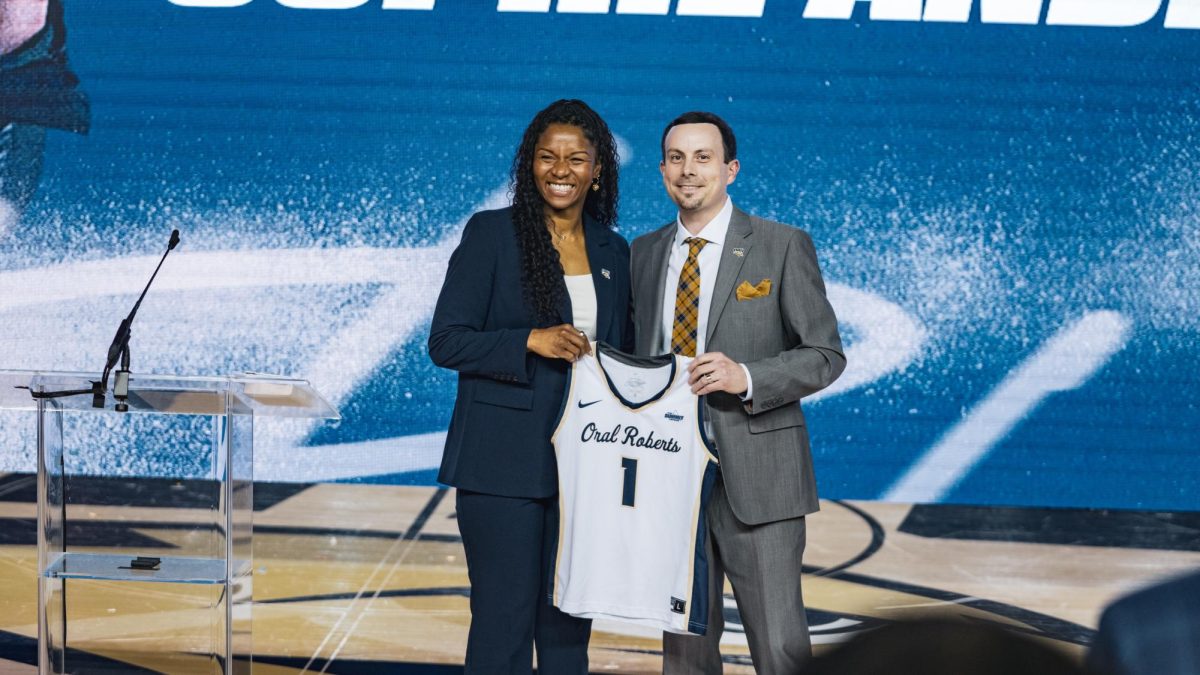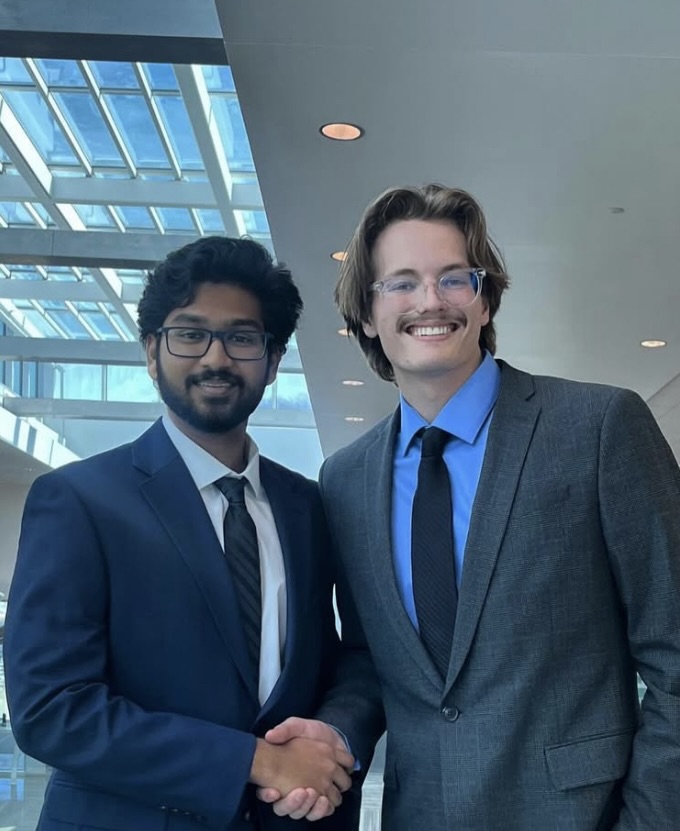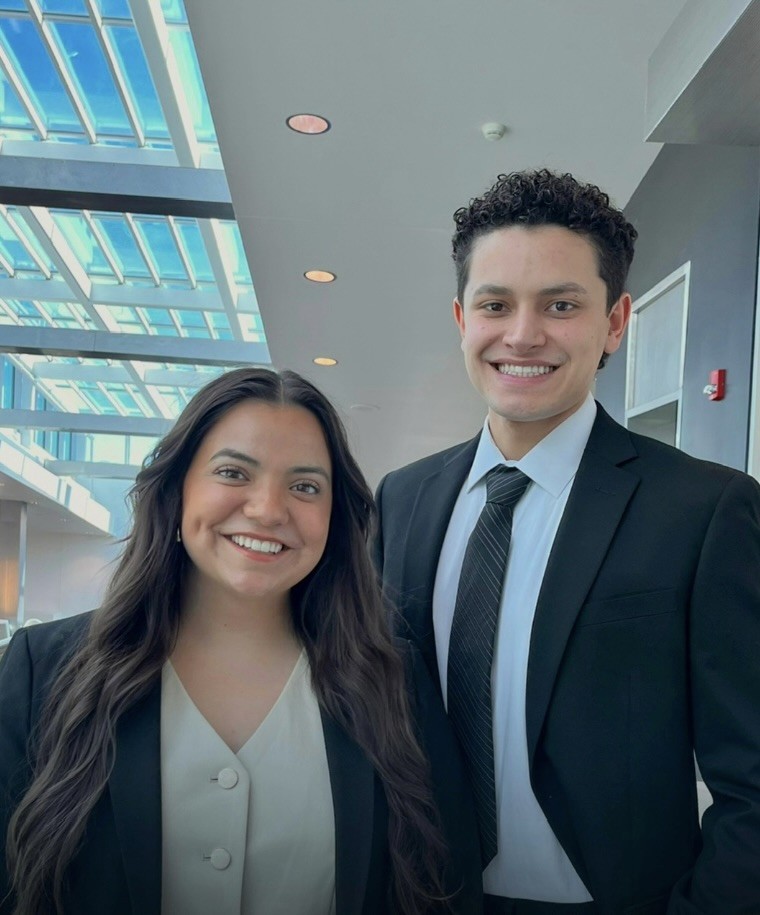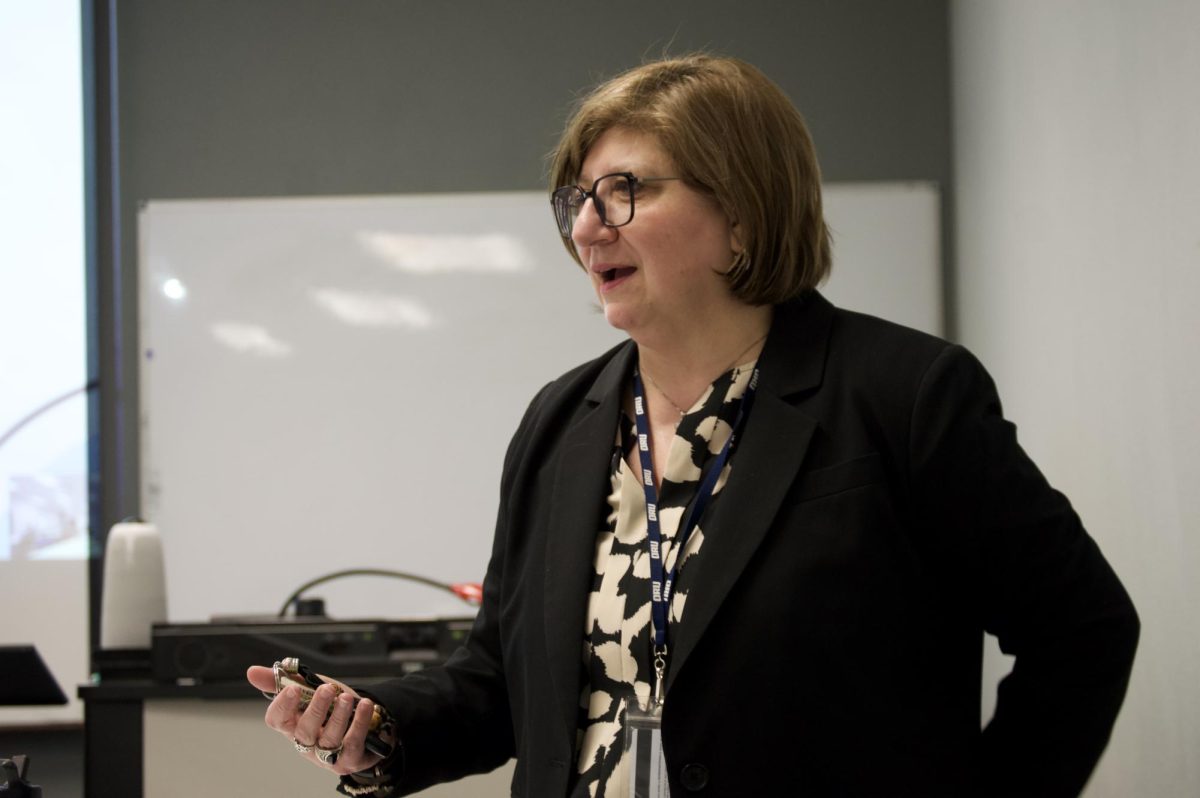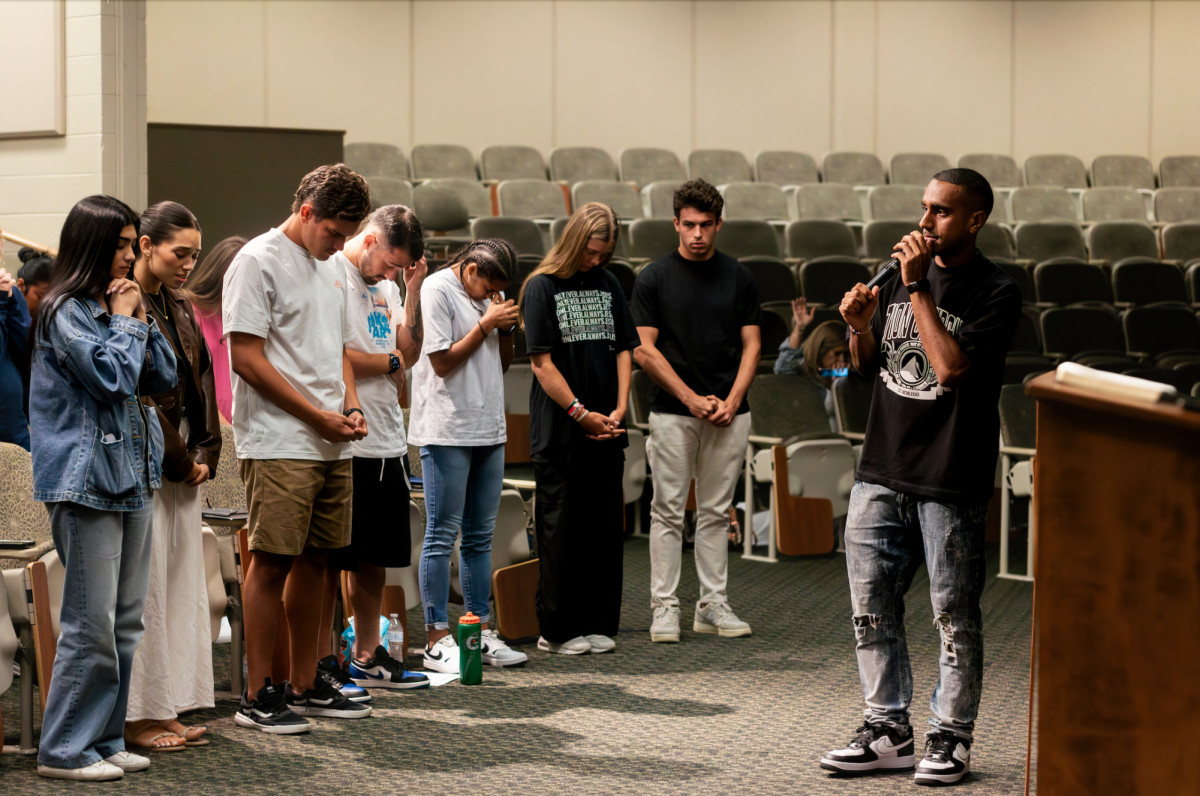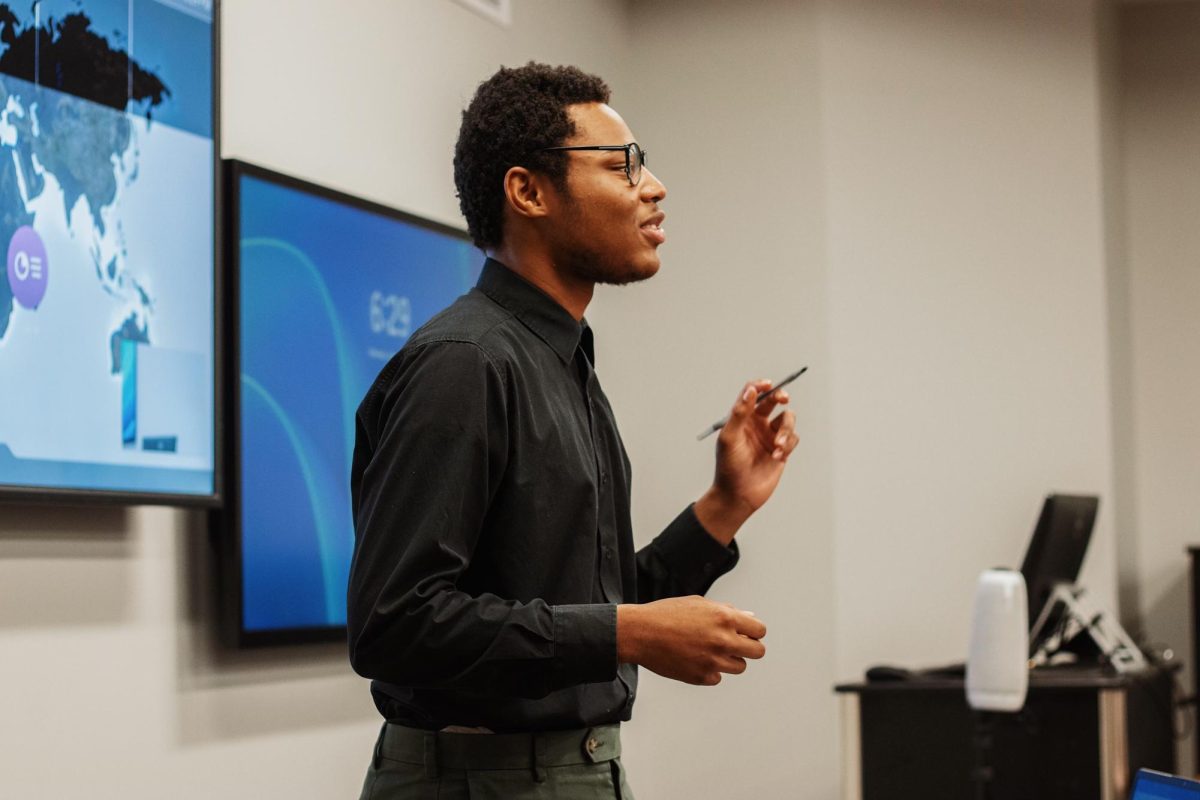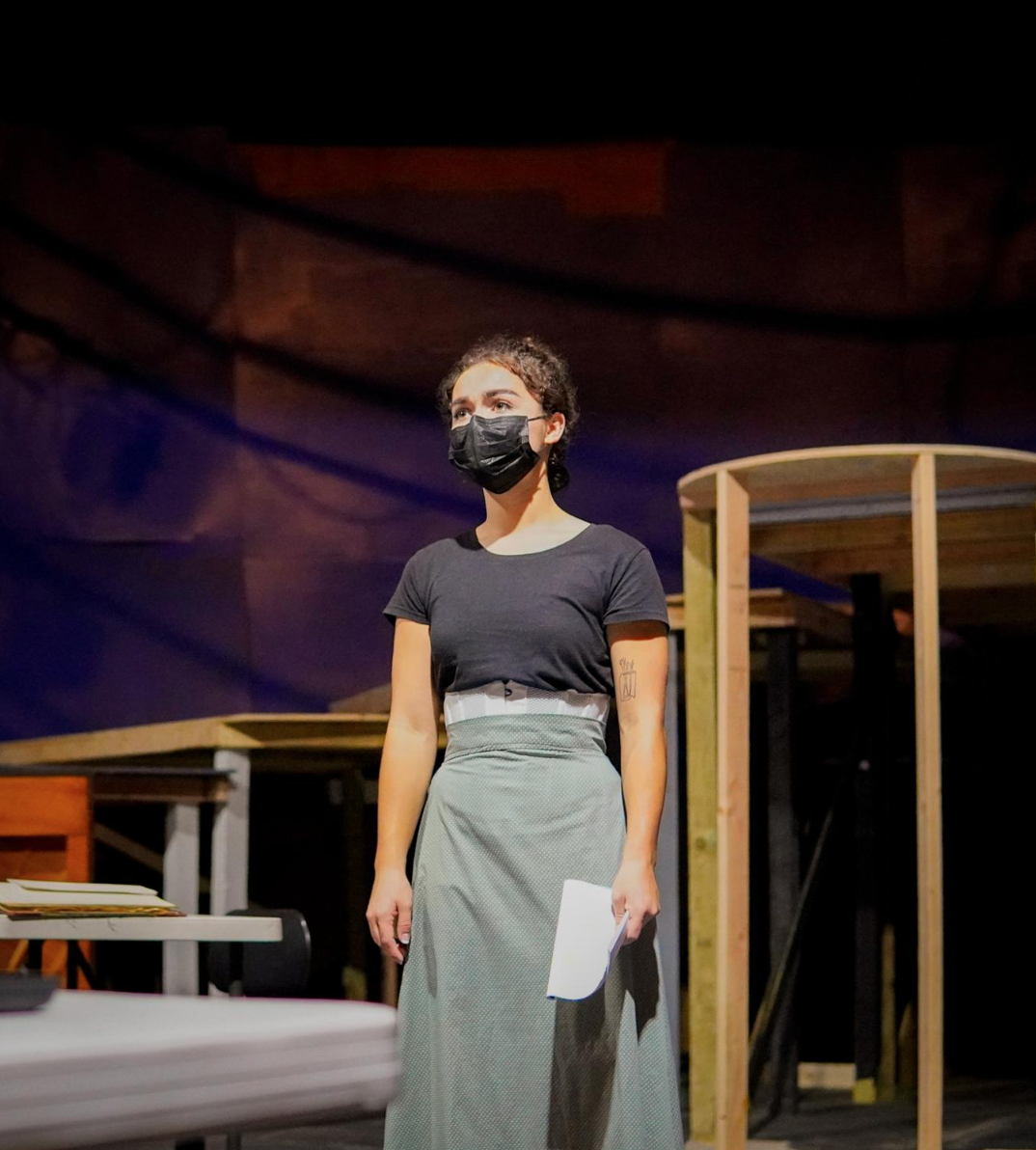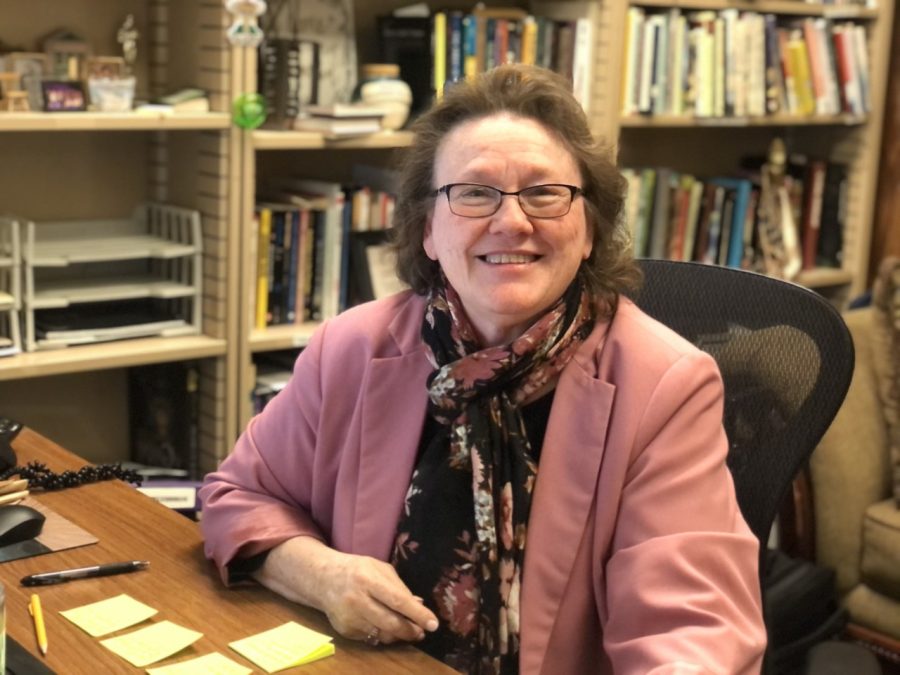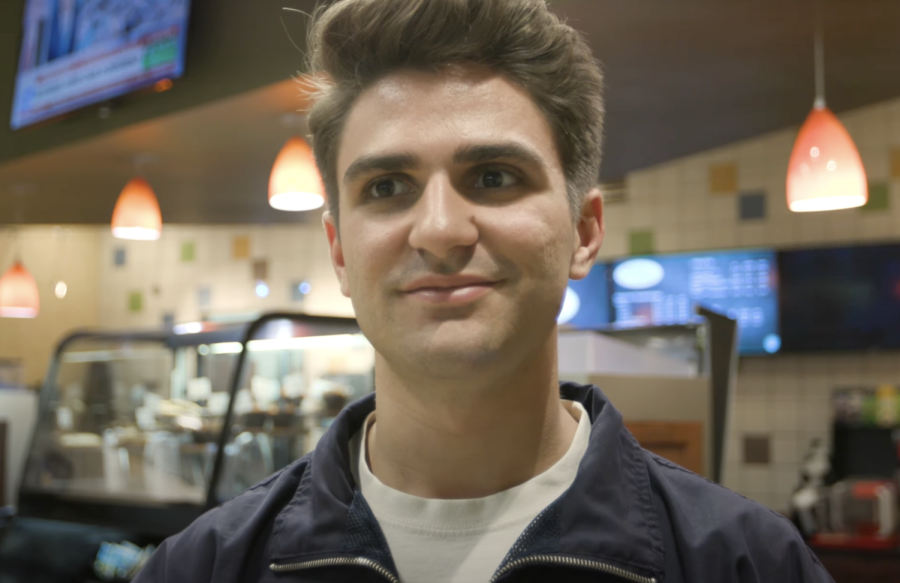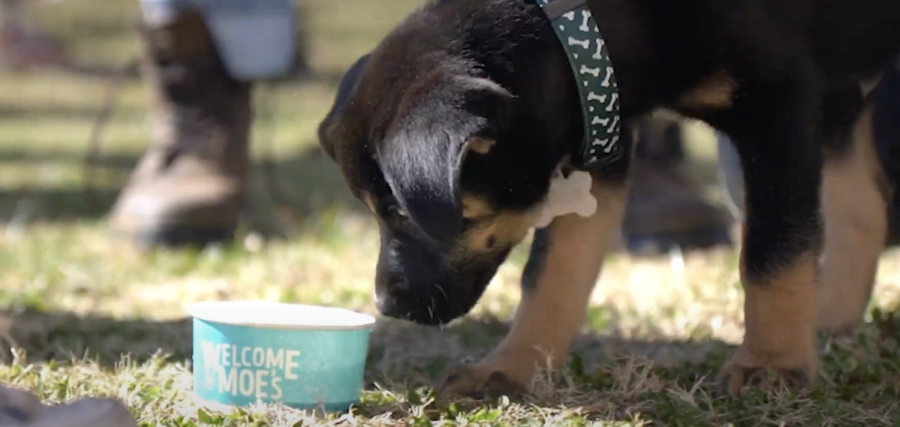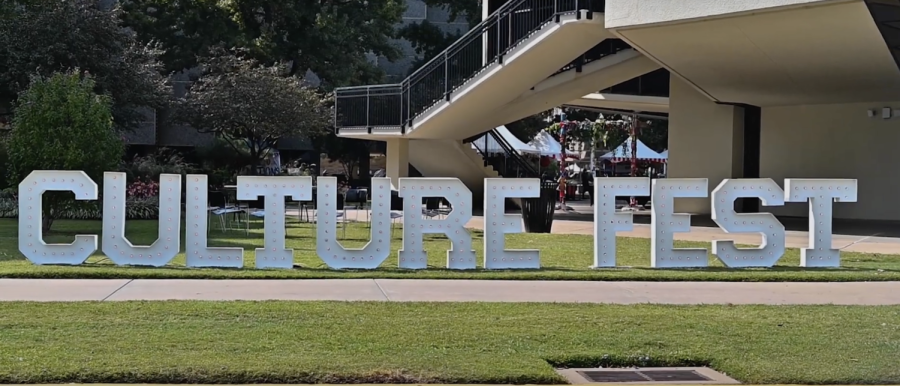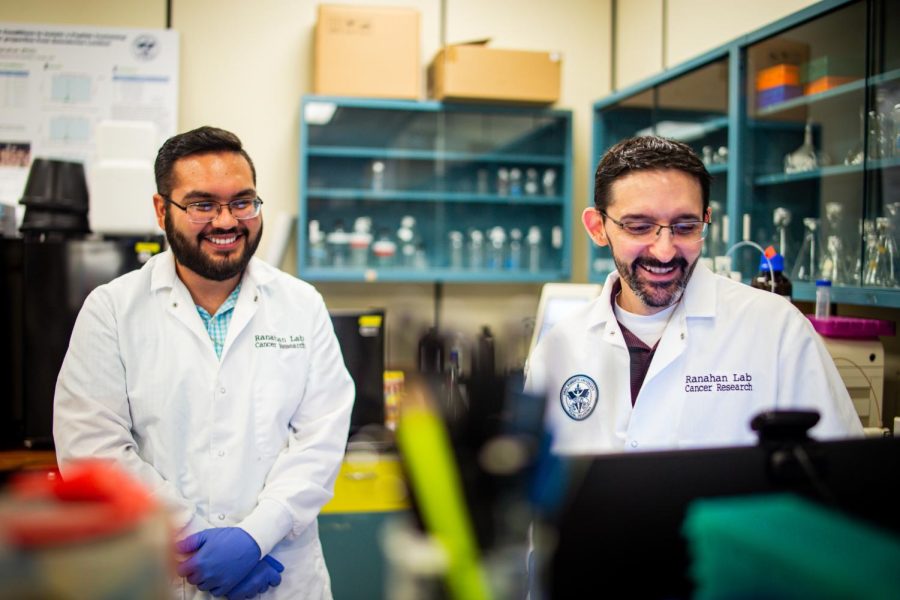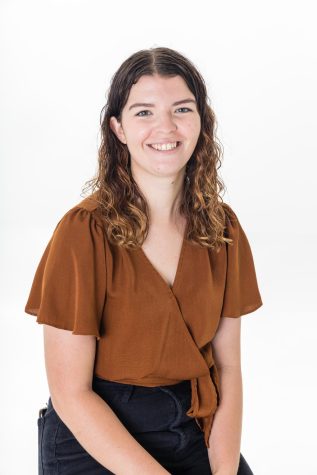Cancer research reveals ‘God showing off,’ ORU professor says
November 3, 2022
Driving to Oral Roberts University in spring 2016, William Ranahan suddenly remembered the way scientist Alexander Fleming discovered penicillin.
Fleming was determined to find a way to kill bacteria. Fungus landed in a petri dish at his London laboratory in 1928 and killed the bacteria inside of it.
“I thought, ‘Why don’t we try this with cancer?’” said Ranahan.
Three years prior, Ranahan had been finishing a Ph.D. in biochemistry and molecular biology at Indiana University–Purdue University Indianapolis. He seemed to be on the cusp of a prestigious research career he had worked tirelessly to achieve.
Then Ranahan heard about a teaching job at ORU.
“I felt this clear call,” said Ranahan. “I never actually asked the question of whether I would like it or not. I just knew obedience was the only way to go.”
Ranahan’s advisor told him he was throwing his Ph.D. away. But Ranahan accepted the job as a professor at ORU and moved to Tulsa in 2013.
After three years of teaching, Ranahan was inspired to use mushrooms for cancer research with the biology lab team at ORU.
Research takes money, and Ranahan did not have access to the $52,500 needed to fund the project.
A student came by his office and asked to work as a research technician before she began medical school. Ranahan showed her his research idea.
The student returned with a check from her father, covering the total amount the team needed. The next step was to decide which mushroom to use.
“There’s a lot of mushrooms out there,” said Ranahan. “I was sitting at my desk one day with 50 different mushrooms pulled up on my computer. Thinking, ‘What mushroom?’”
A student walked into his office to ask about the project.
“I’m named after a mushroom,” she said.
The student was named after the Reishi mushroom, nicknamed the “Mushroom of Immortality” for its healing properties.
By the sudden inspiration, they took Reishi mushroom mycelia and grew them on agar plates. The team reduced the amount of food and began feeding the mushroom cancer cells instead. Eventually, the researchers gave the mushroom only cancer cells to live on.
“We tested what the mushroom secretes, and sure enough, it kills cancer cells,” said Ranahan. “But what’s wild is, it doesn’t kill human cells.”
Chemotherapy is poisonous to the human body. It kills cancer cells, but it also kills non-cancerous cells.
“This would be the first naturally occurring novel chemotherapeutic,” said Ranahan.
Ranahan does not know when clinical trials will begin for the discovery but feels confident they will begin in God’s timing, he said.
His research team is comprised entirely of ORU undergraduates.
“Being part of this team is surreal,” said Diego De La Torre, an undergraduate lab manager. “We constantly make advancements and have excellent results. While Dr. Ranahan is the team leader, he has a lot on his plate. In this community, plenty of students are willing to help each other. The older students constantly give tips and guidance to the younger researchers.”
The research team filed a patent for its discovery in 2017 and the patent was granted in 2021. Once the research is complete, Ranahan will select an open-access, international journal to publish the results.
“We didn’t use a dollar of tuition or taxpayer money,” said Ranahan. “This was just God showing off. He doesn’t need a huge building, hundreds of scientists or tons of donors. It’s incredible to me that God consistently chooses the foolish to confound the wise.”
To read more about Dr. Ranahan and his journey, check out ORU cancer researcher follows God’s path instead of his own
